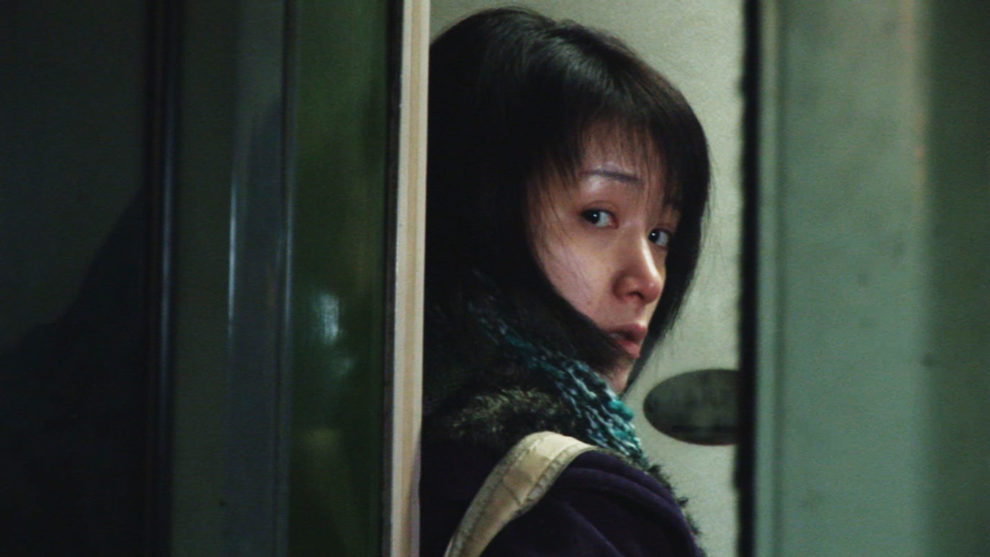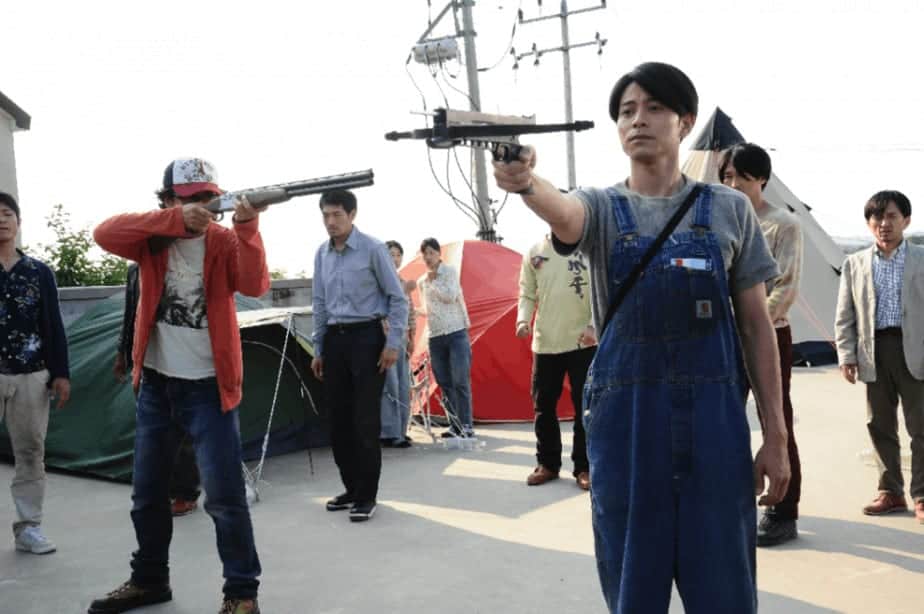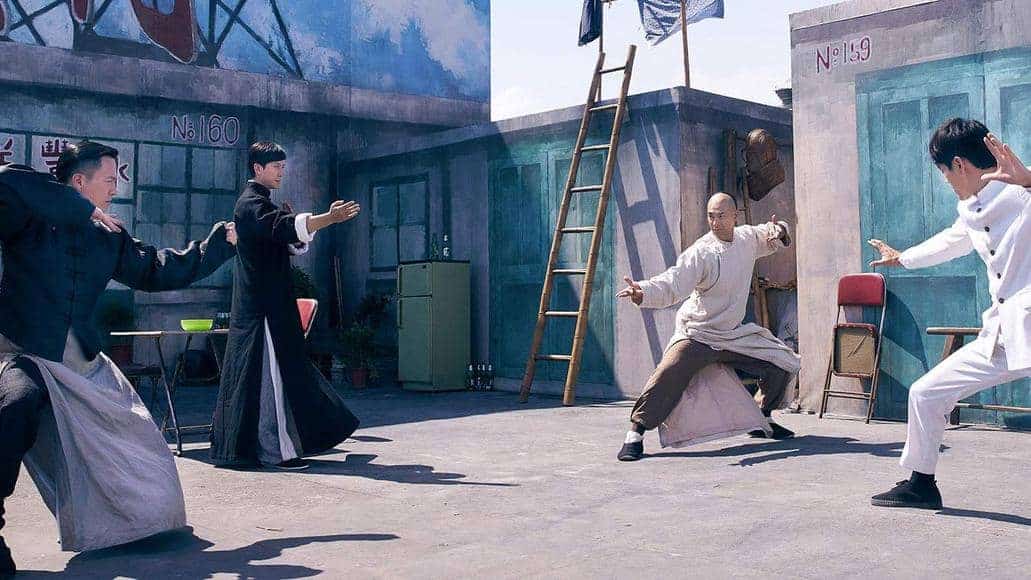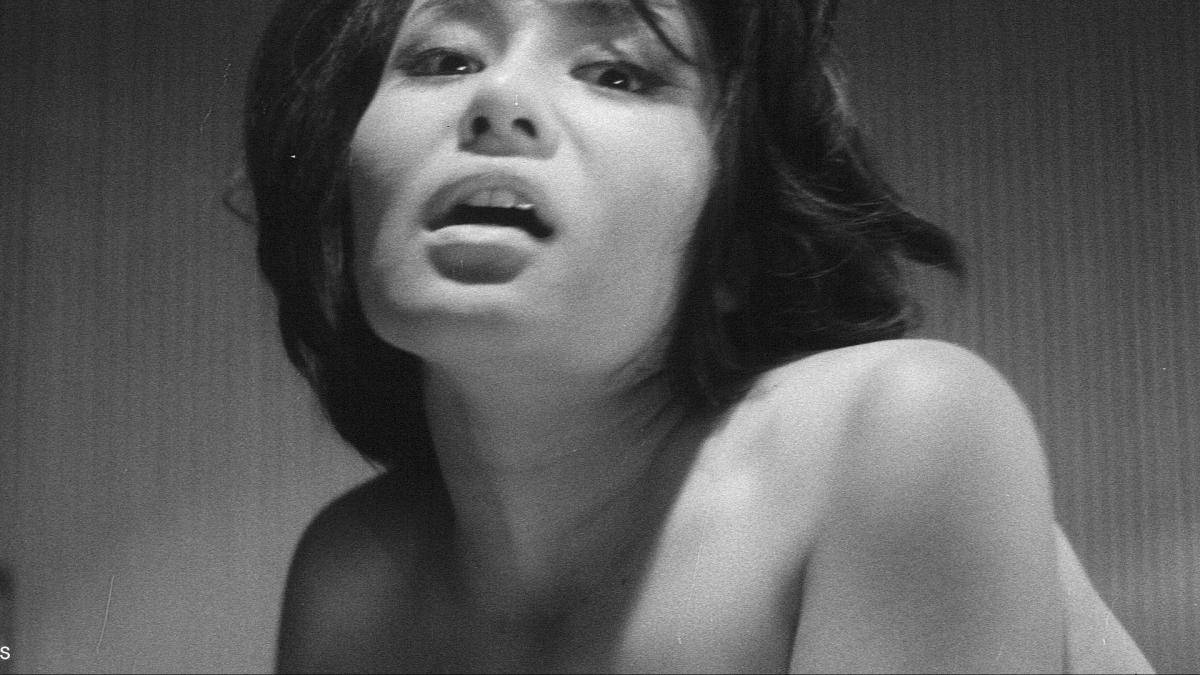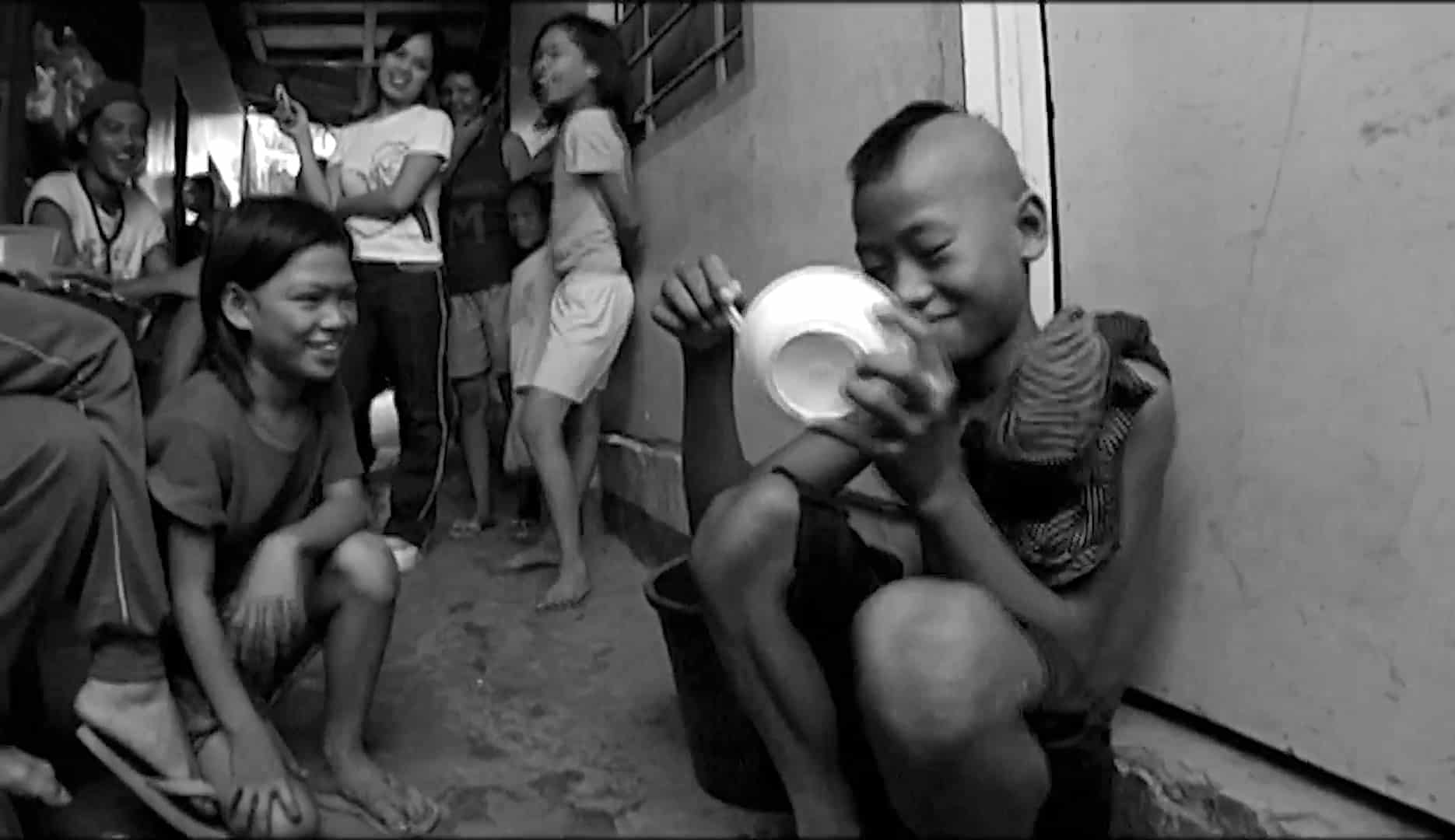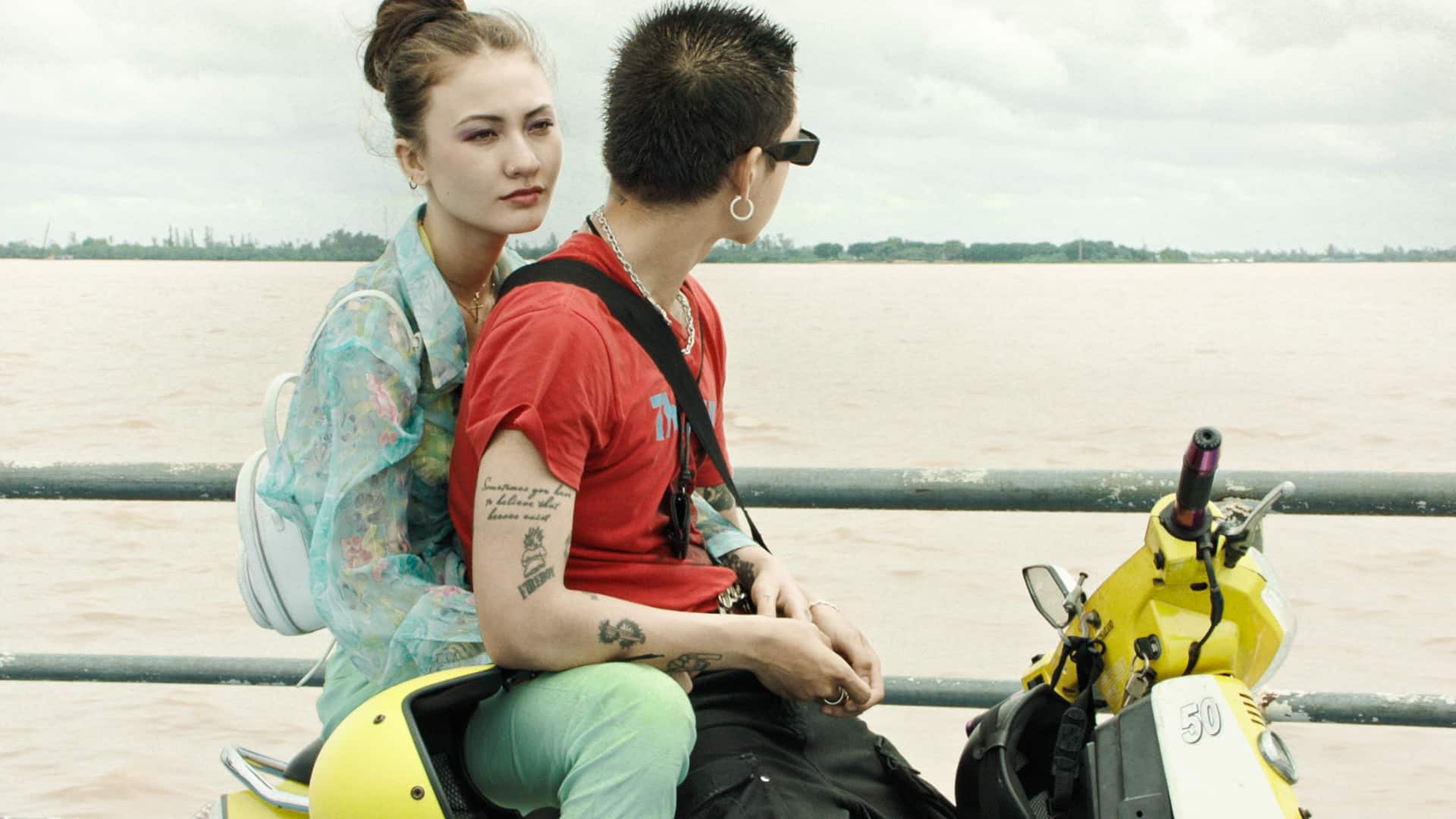Backed by Jia Zhangke, who has a co-producer credit in the film, “Perfect Life” screened at a number of major festivals around the world, with its international premiere taking place during the 65th Venice Film Festival. Even more interesting, however, is the approach Emily Tang implemented in her movie, by combining documentary and fiction, in two radically different parts, each focusing on a Chinese woman.
“Perfect Life” is screening at New Waves, New Shores: Busan International Film Festival

The first axis revolves around Li Yueying, a young woman from an industrial town in north-eastern China, who dreams of a better future by constantly searching for more promising work opportunities. Her father abandoned her mother, and the meagre income the family makes goes exclusively to her spoiled young brother, in order for him to study, with the young man, however, not shying away from asking more money from his sister, in order to buy the newest Nikes. Li Yueying eventually gets a job in a factory making limbs for mannequins, but soon moves into a hotel, working as a chambermaid. While there, she meets Mongol, a limb man who seems to be rich, but soon is revealed as a smuggler, “transporting” art from Shenzhen.
The second axis, the documentary one, focuses on a real woman, Jenny, who was born in a rural area in China but went to Shenzhen to work, and is married to a Hong Konger. However, her marriage breaks down, and the film follows her as she tries to fight for the custody of her children while facing intense financial issues.
Imploring the recipe of Jia Zhangke's “24 City”, Emily Tang tries to combine the two different genres in a way that would allow her to present them as a story of common comments, while exploring the borders between the cinematic presentation of reality and fiction. Her effort, however, is not so successful, since the differences in quality between the fiction part, which emerges as the one of most quality, and the documentary one, which ends being rather disconnected from the whole, at least until the ending, are quite evident. In that fashion, one can easily empathize with Li Yueying, whose constant efforts to make something of herself and escape the financial strains of her family, crash upon the said family and a number of worthless men. Her story is quite interesting, with the many episodes being quite intriguing, while making comments about the place of women in Chinese society, and the difficulties the poor face in order to make a living.
These comments also extend to Jenny's story, which fails though, to make the viewer empathize with her, probably because her part is briefer, and by the time it is introduced, Li has already garnered all the interest and sympathy to herself. In that regard, the editing choices by Chow Keung, emerge as the biggest issue of the movie, particularly in the way he has decided to place the two parts within the narrative.
Furthermore, that Yao Qianyu is excellent in the role of Li, highlighting her resolve and against-all-odds mentality in the best way, also adds to this difference between the two parts, to the point that one could say that the second is almost completely unnecessary, even if it manages to intensify the social comments Tang wanted to present.

In the end, “Perfect Life” emerges as an interesting, but rather uneven movie, although it definitely deserves a watch, particularly for the fiction part.


